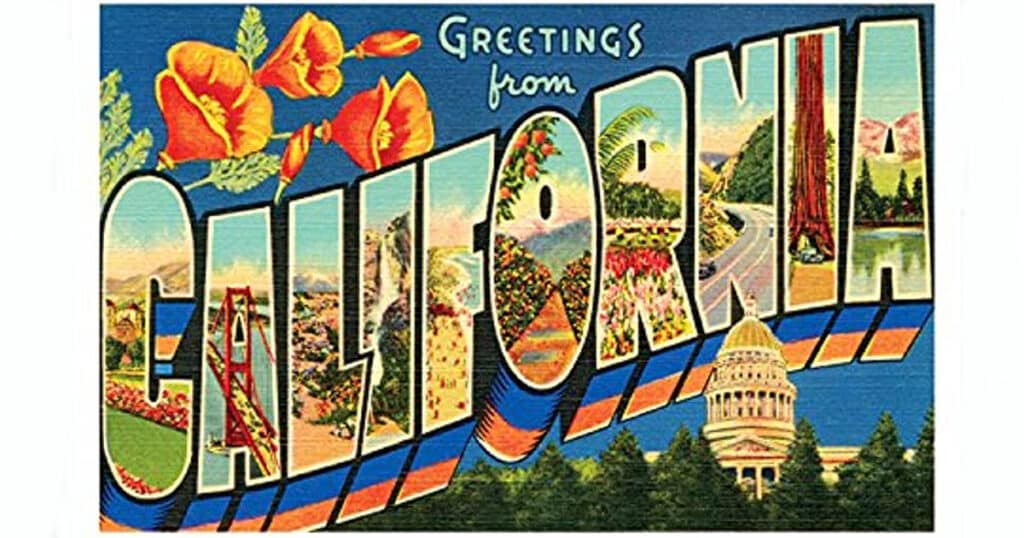
Canada Could Be Taxing Itself Out Of A Stanley Cup
Last night, the Florida Panthers defeated the Edmonton Oilers in a very thrilling game 7 to win hockey’s Stanley Cup. It has been 31 years since a Canadian NHL team has won the Stanley Cup.
Hockey is Canada’s national sport, and it is a very big deal in that country. The closest analogy to this would be in the NFL expanded outside the United States to countries where American football is not that big and American-based NFL teams failed to win the Super Bowl for decades to those other countries.
In addition, a large plurality of NHL players are Canadian-born with American-born players making up a distant second, despite the fact there are far more American-based NHL franchises in the league. Add all of this up and Canada’s Stanley Cup drought is becoming embarrassing.
Before we go further into this piece, here’s a musical interlude:
Why can’t Canadian teams win the Stanley Cup? I would argue a possible reason why is because income tax rates are higher in Canadian provinces than in American states.
In the 2020s, the Tampa Bay Lightning, the Colorado Avalanche, the Las Vegas Golden Knights, and the Florida Panthers are the teams that have hoisted the Stanley Cup. The two Florida-based teams and the Las Vegas Golden Knights play in states that do not levy an income tax.
Here are the top income tax rates for the four U.S.-based teams that have won the Stanley Cup:
Tampa Bay Lightning: 37% (federal income tax)
Colorado Avalanche: 41.4% (37% federal income tax + 4.4% state income tax)
Las Vegas Golden Knights: 37% (federal income tax)
Florida Panthers: 37% (federal income tax)
Let’s compare them to the income taxes players who sign for Canadian NHL franchises pay:
Montreal Canadiens: 53.31% (combined federal and provincial income tax)
Edmonton Oilers: 48% (combined federal and provincial income tax)
Calgary Flames: 48% (combined federal and provincial income tax)
Winnipeg Jets: 50.40% (combined federal and provincial income tax)
Ottawa Senators: 53.53% (combined federal and provincial income tax)
Toronto Maple Leafs: 53.53% (combined federal and provincial income tax)
Vancouver Canucks: 53.50% (combined federal and provincial income tax)
The ironic thing is that Canada’s federal income tax top rate (33%) is actually a few percentage points lower than America’s federal top income tax rate. What really soaks Canadian taxpayers is the much higher provincial income tax rates compared to American states. Plus, every Canadian province levies an income tax whereas some American states do not.
I did not research Canada’s payroll taxes and whether Canadian cities levy income taxes as well. Canadian and American sales taxes, although structured a bit different, are a wash. I also didn’t research Canadian or American property taxes.
While Canada’s higher income taxes do not stop its teams from attracting the very top talented players in the world. After all, the best hockey player in the world, Connor McDavid, and the best American-born player, Austin Matthews, play for the Edmonton Oilers and the Toronto Maple Leafs respectively.
Where these high-income tax rates could pose a problem are for the still good but not elite players that make up most of an NHL roster. These are players who will still earn high salaries but not as high as elite players would make. These players might want to save some money signing for a team where they won’t lose as much income to the tax man.
There is a good argument to be made that Canada, especially its provincial governments, are literally taxing themselves out of a Stanley Cup.



